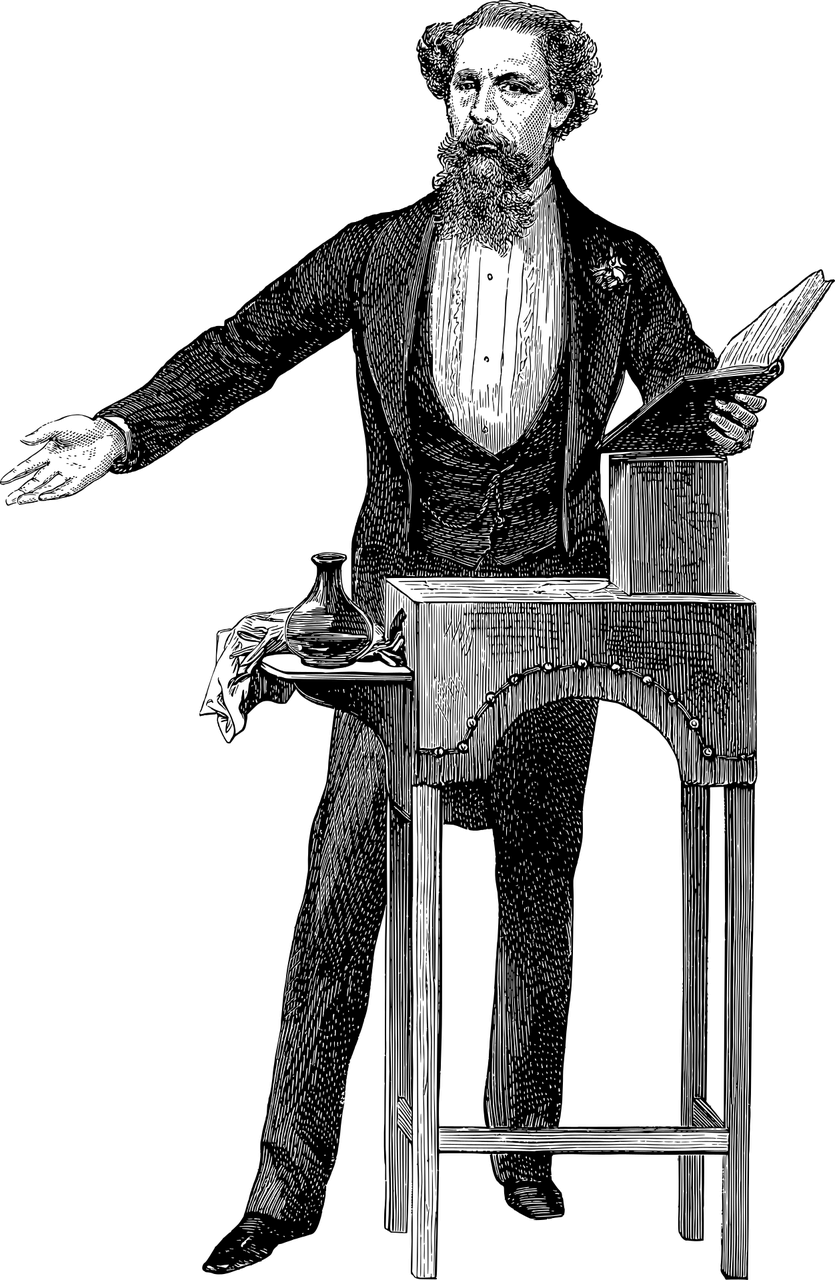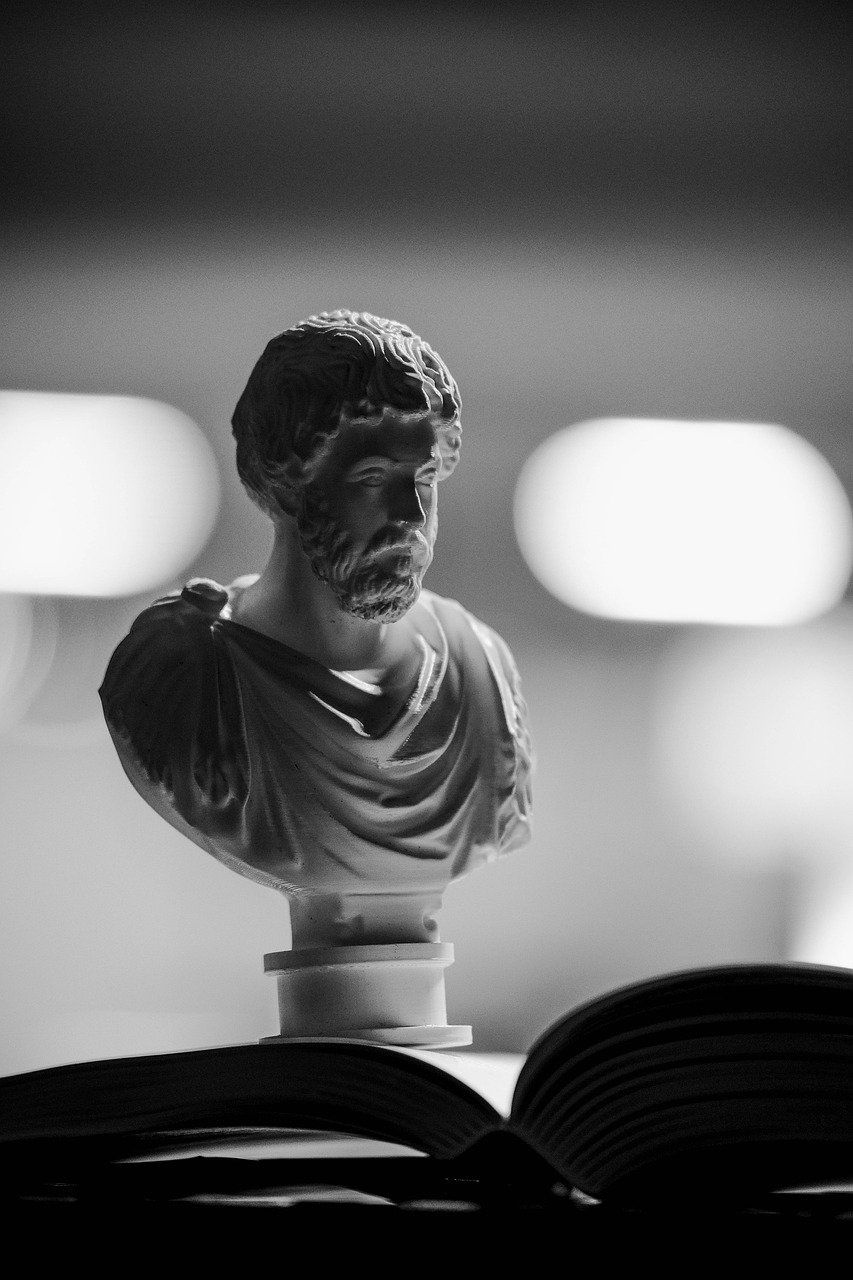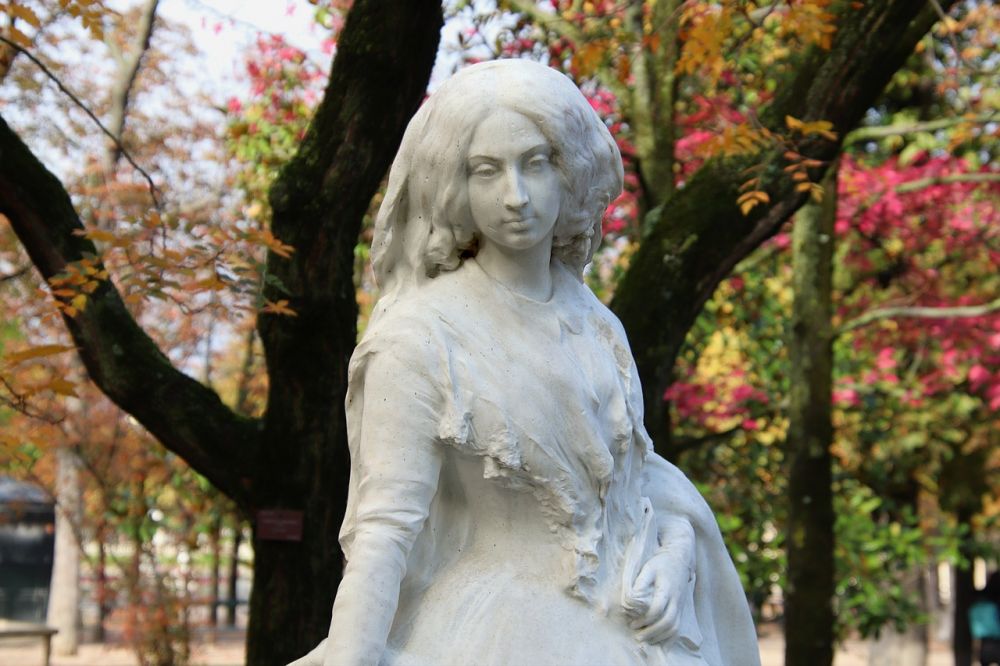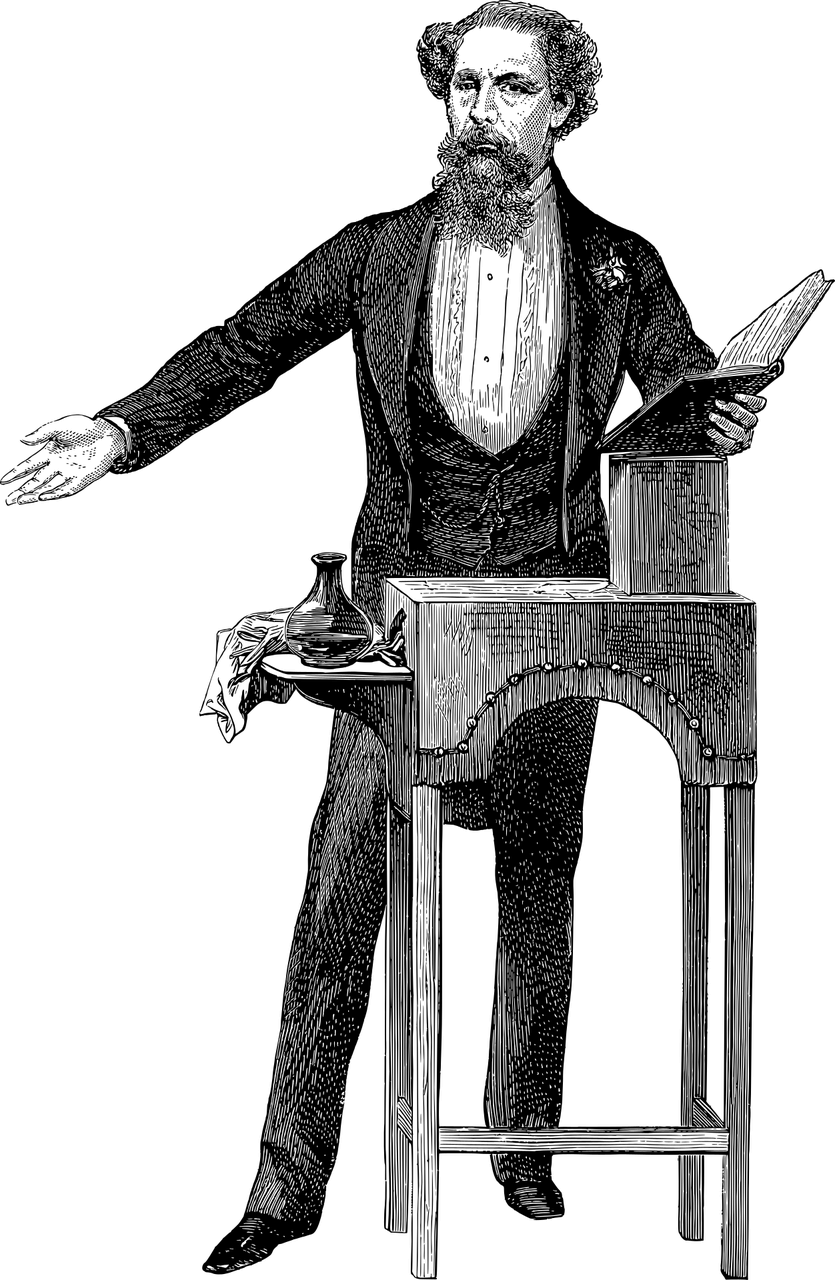Homers Iliad: An Epic Masterpiece Unraveled

Introduction:
The Iliad, written by the legendary poet Homer, is an ancient Greek epic poem that stands as a testament to the power of storytelling and the complexities of human nature. This magnificent work of literature has captured the hearts of readers for centuries, with its vivid characters, epic battles, and timeless themes. In this article, we will dive deep into the world of the Iliad, exploring its significance, historical context, and enduring legacy.
I. Understanding the Iliad:

The Iliad tells the story of the Trojan War, focusing primarily on the conflict between the Greeks and the Trojans. At its core, the poem explores the destructive nature of war and the consequences it has on individuals and societies. The central figure of the story is Achilles, a heroic Greek warrior whose anger and arrogance drive much of the narrative. Through Achilles, Homer delves into themes of honor, pride, and the fleeting nature of glory. The Iliad also introduces readers to a host of other memorable characters, such as Hector, Priam, and Helen of Troy, whose lives are profoundly impacted by the war.
II. The Evolution of the Iliad:
1. Ancient Origins:
The Iliad is believed to have been composed in the 8th century BCE, but its origins can be traced back even further. Passed down orally through generations, the poem was eventually transcribed by scholars and preserved for posterity. Homer, the attributed author, is thought to have drawn inspiration from various Greek myths and legends, weaving them together to create a captivating narrative. The Iliad originally served as a form of entertainment and education for the ancient Greeks, offering them a shared cultural heritage.
2. Influence and Adaptations:
Over time, the Iliad has had a profound impact on world literature and art. Its themes and characters have inspired countless adaptations, from ancient Greek plays to modern novels and films. The vivid descriptions of battles and heroic deeds have captivated audiences through the ages, showcasing the timeless power of this epic masterpiece. The Iliad also serves as a valuable historical document, providing insights into ancient Greek society, customs, and beliefs.
III. The Iliad in the Modern Era:
1. Relevance Today:
Despite being over two millennia old, the Iliad continues to resonate with modern readers. Its exploration of the human condition, the futility of war, and the complexities of emotions such as love, loss, and pride are universal. Through its characters and themes, the Iliad prompts us to question our own values and reflect on the consequences of our actions.
2. Educational Significance:
The Iliad remains a staple in literature and humanities courses worldwide. Its intricate plot, complex characters, and poetic language provide fertile ground for analysis and interpretation. Scholars and students alike continue to unravel the layers of symbolism and meaning embedded within this ancient masterpiece.
[INSERT VIDEO HERE]
Conclusion:
The Iliad stands as an enduring testament to the power of storytelling and the enduring legacy of ancient Greek culture. Through its rich narrative and complex characters, Homer’s epic poem takes readers on a journey through the human experience, exploring themes of honor, pride, and the devastating consequences of war. From its ancient origins to its modern relevance, the Iliad continues to captivate and inspire, reminding us of the timeless power of literature to connect us across time and cultures. As we delve into its pages, we are reminded of our shared humanity and the enduring questions that shape our existence.





